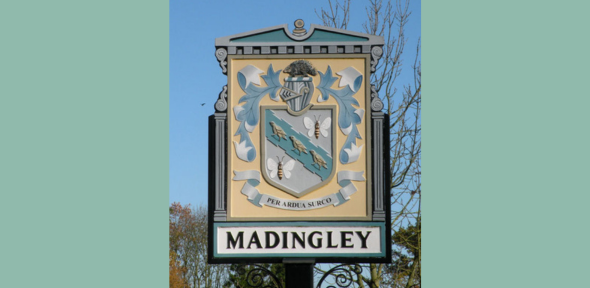Institute of Continuing Education (ICE)

Submitted by K. Weddepohl on Mon, 17/07/2023 - 12:12
Looking back to that time, there’s a sense that the Board of Extra-Mural Studies (BEMS), as ICE was known until 1991, was keenly aware of its own heritage. While its strong sense of tradition was intensified by the reflection brought about by the centenary of 1973, it was also strengthened by the presence of many staff who had been working and teaching as part of BEMS for a long time, often since the Second World War. Many of these names were highly respected in their fields, such as historian Lionel Munby, the wartime Japanese codebreaker Alan Stripp, and John Andrew who was BEMS’ Director until 1977. There was a real body of accumulated wisdom and a strong commitment to regional engagement.
Operationally, the Institute was structured quite differently to today. Despite moving to its current headquarters at Madingley Hall in 1975, the University’s extension programme took place mainly in the towns and villages of eastern England – Downham Market, Ely, St Albans, and so on – rather than at any single location in Cambridge, and that continued until the early 21st century.
Courses were led by permanent and part-time tutors who came from many different walks of life, often within the local area. For example, subjects like Local History might be taught by schoolteachers, architects or people working for the Royal Commission on the Historical Monuments of England. Alongside this, the Institute had a global reputation, as the numbers of overseas students arriving each year for what we now know of as the International Summer Programme attests.
In terms of pure numbers of registered students at any one time, BEMS was almost comparable in size to the rest of the University of Cambridge put together. Yet, as a whole, during the second half of the 20th century, the adult education sector didn’t always feel as valued as other parts of the higher education system. Ultimately, this led into a period when many universities closed their extension arms, so maybe ICE’s ongoing success is evidence that Cambridge valued theirs more than most.
And there’s an argument that says continuing education, then as now, had a greater freedom for pedagogical innovation, with a potential to teach more multidisciplinarily than traditional higher education. For instance, BEMS ran a popular, mixed-discipline Local Studies curriculum, and it brought a diverse variety of subjects right into the heart of eastern England’s towns and villages, offering tremendous exposure to a spectrum of ideas and knowledge – one year, students might experience Landscape Archaeology and the next English Literature.
The learning was also very much two way, as indeed it is at ICE today. Lecturers went to local towns and villages and met a broader crosssection of society than they would have working in a traditional university environment. They learned from their students, co-produced research with them and even dedicated some of their books to them. As a historian, I know this created a valuable body of social history. This was often creative, experimental and pioneering work.
It’s hard to predict the future – 50 years ago, who would have anticipated today’s reliance on digital technology or our current geopolitical situations – but I do believe that spirit of teaching innovation is something that’s likely to continue at ICE over the next 50 years. Continuing education is a demandled sector, and whatever the world throws at it, ICE will have to respond nimbly to changes in the economy, funding and environment, just as it has always done